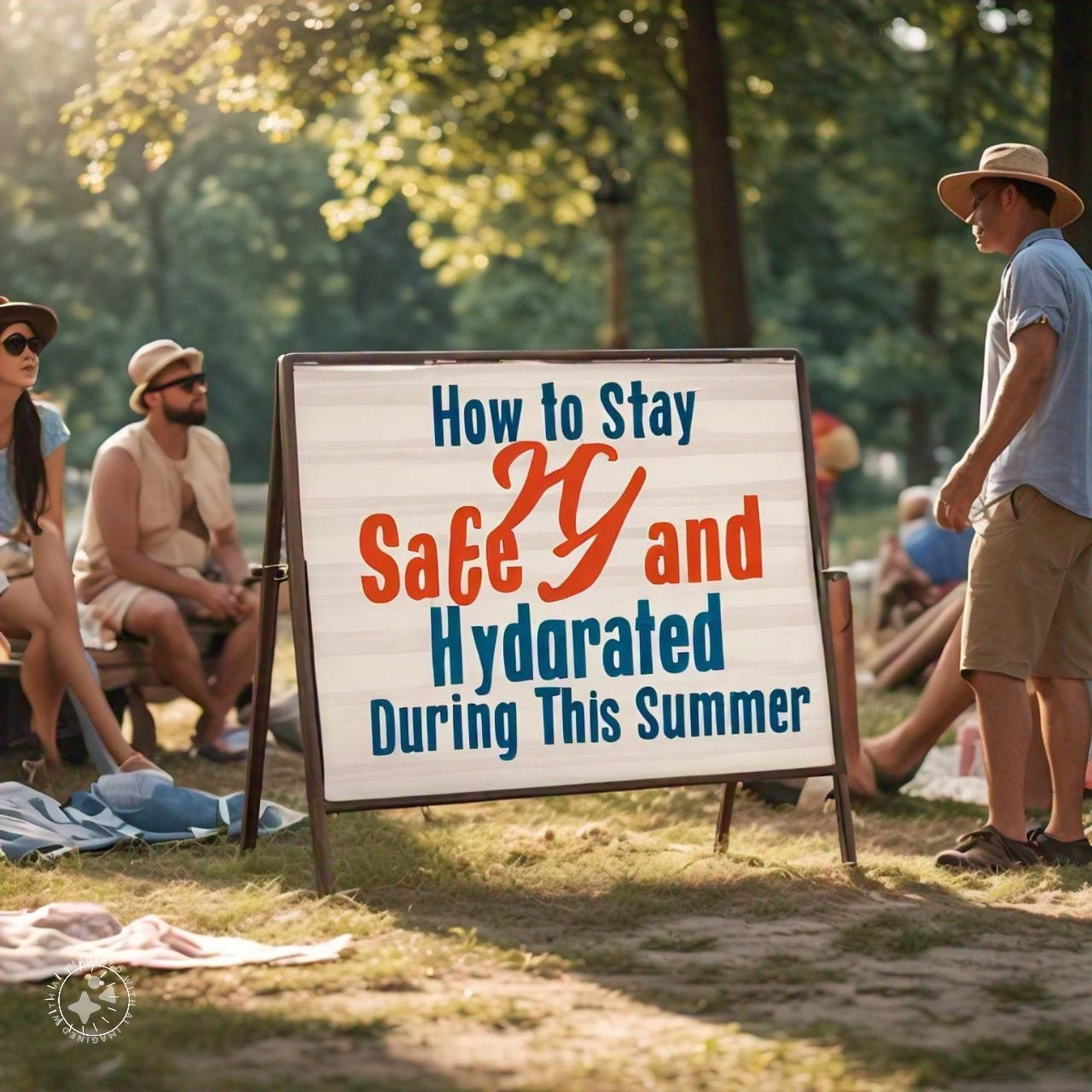
How to Stay Safe and Hydrated During This Summer
Summer is a time for fun in the sun, but it also comes with the risk of dehydration and heat-related illnesses. Staying safe and hydrated is crucial to enjoying the warmer months without any health issues. Here’s a comprehensive guide to help you stay cool, hydrated, and safe this summer.
Understanding Dehydration
What is Dehydration?
Dehydration occurs when your body loses more fluids than it takes in, resulting in a deficiency of water and electrolytes necessary for normal bodily functions.
Symptoms of Dehydration
- Dry mouth and throat
- Dark yellow urine
- Fatigue
- Dizziness
- Confusion
- Rapid heartbeat
Causes of Dehydration in Summer
- Increased sweating
- High temperatures and humidity
- Physical exertion
- Insufficient fluid intake
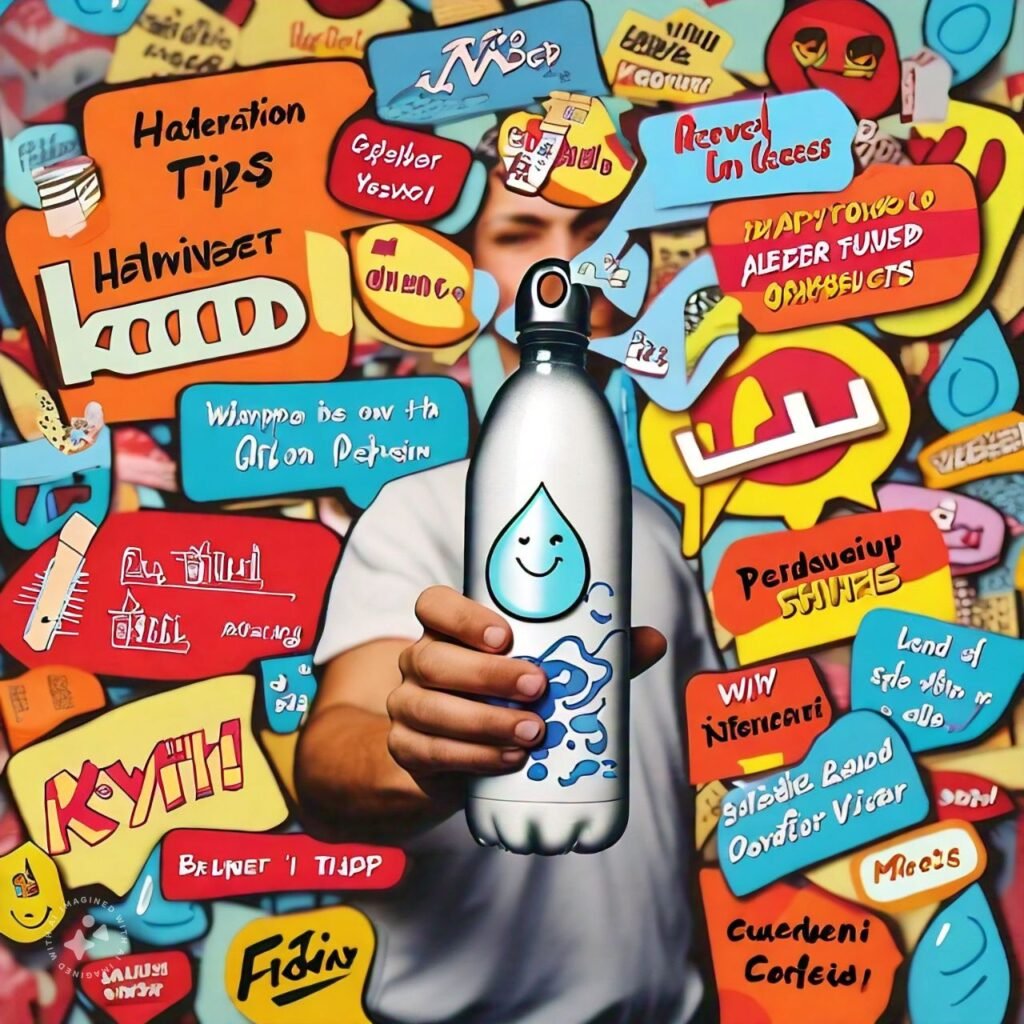
Hydration Tips
Drink Plenty of Water
Water is your best friend during the summer. Aim for at least 8-10 glasses of water a day, and increase this amount if you’re spending time outdoors or exercising.
Incorporate Hydrating Foods
Foods like cucumbers, watermelon, oranges, and strawberries have high water content and can help keep you hydrated.
Use Electrolyte Supplements
Electrolytes, like sodium and potassium, help maintain fluid balance. Consider adding electrolyte tablets or powders to your water, especially if you’re sweating a lot.
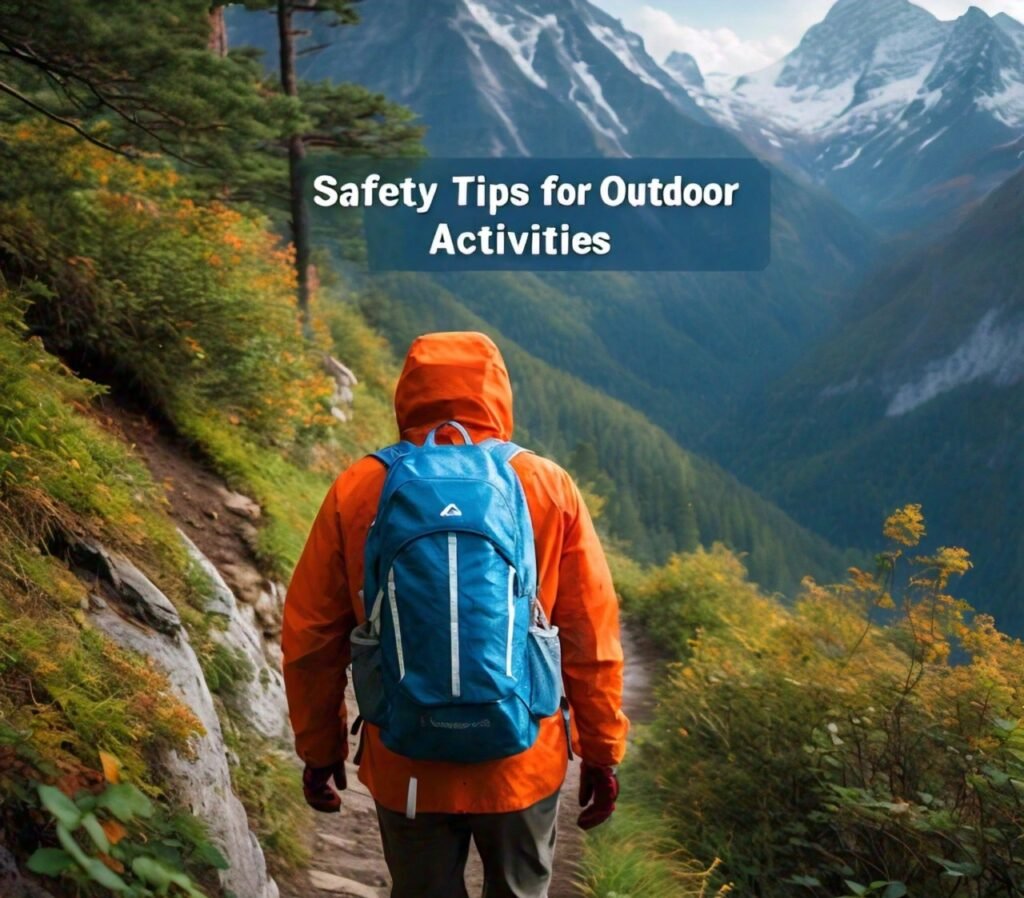
Safety Tips for Outdoor Activities
Time Your Activities Wisely
Engage in outdoor activities early in the morning or late in the evening when temperatures are cooler.
Wear Appropriate Clothing
Opt for light-colored, loose-fitting clothing that breathes. A wide-brimmed hat and sunglasses can also protect you from the sun.
Use Sunscreen
Apply a broad-spectrum sunscreen with at least SPF 30 to all exposed skin. Reapply every two hours, or more frequently if you’re swimming or sweating.
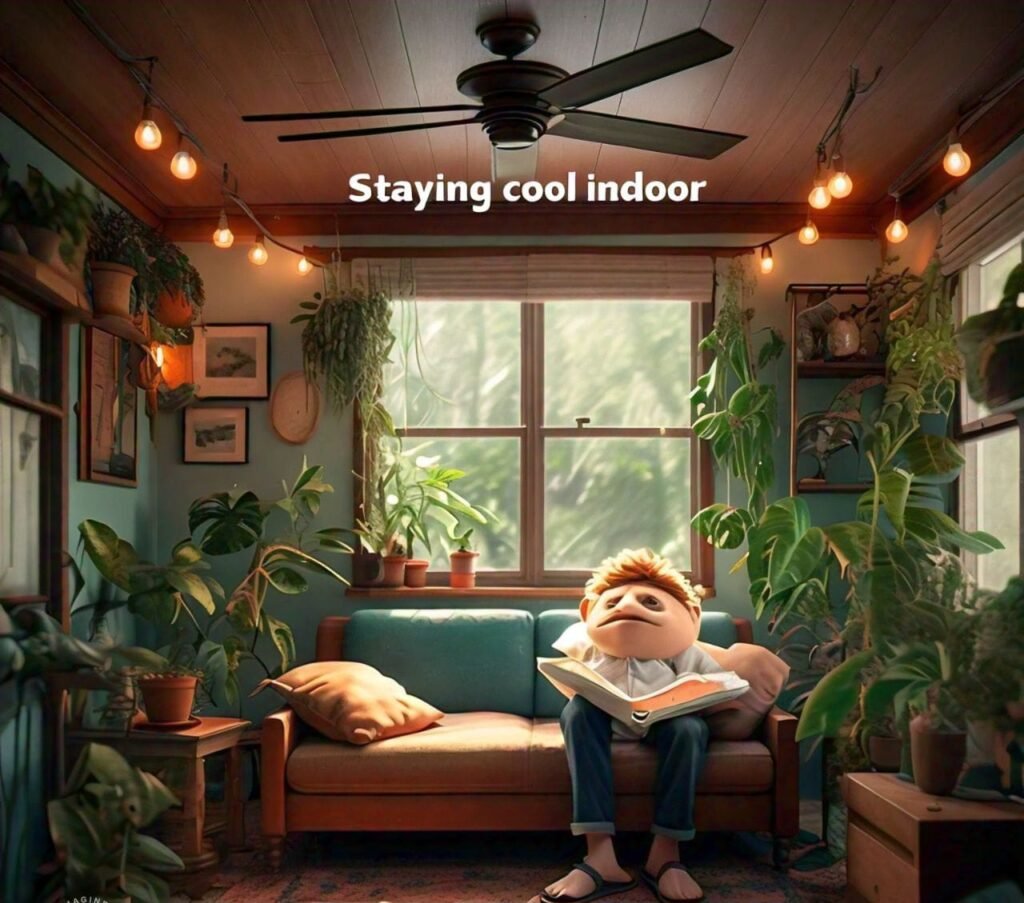
Staying Cool Indoors
Use Fans and Air Conditioning
Fans can help circulate air, while air conditioning can keep your living space cool. If you don’t have AC, consider spending time in air-conditioned public places like malls or libraries.
Keep Curtains Closed
Keeping blinds or curtains closed during the hottest parts of the day can help keep your home cooler.
Take Cool Showers
A cool shower can quickly lower your body temperature and make you feel more comfortable.
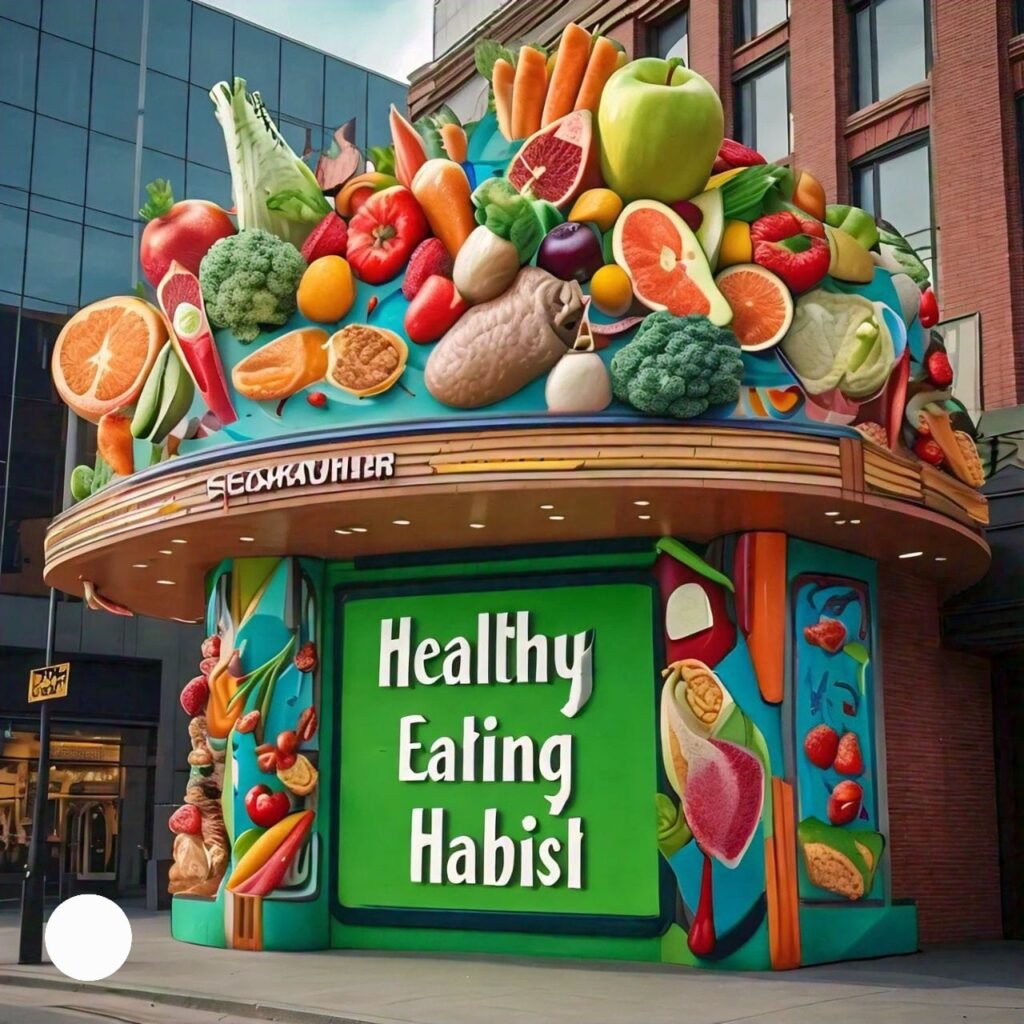
Healthy Eating Habits
Eat Light Meals
Lighter meals are easier to digest and generate less body heat. Think salads, smoothies, and grilled vegetables.
Avoid Heavy and Spicy Foods
Heavy and spicy foods can increase your body temperature and make you feel sluggish.
Importance of Fruits and Vegetables
Fruits and vegetables not only provide essential nutrients but also help with hydration due to their high water content.
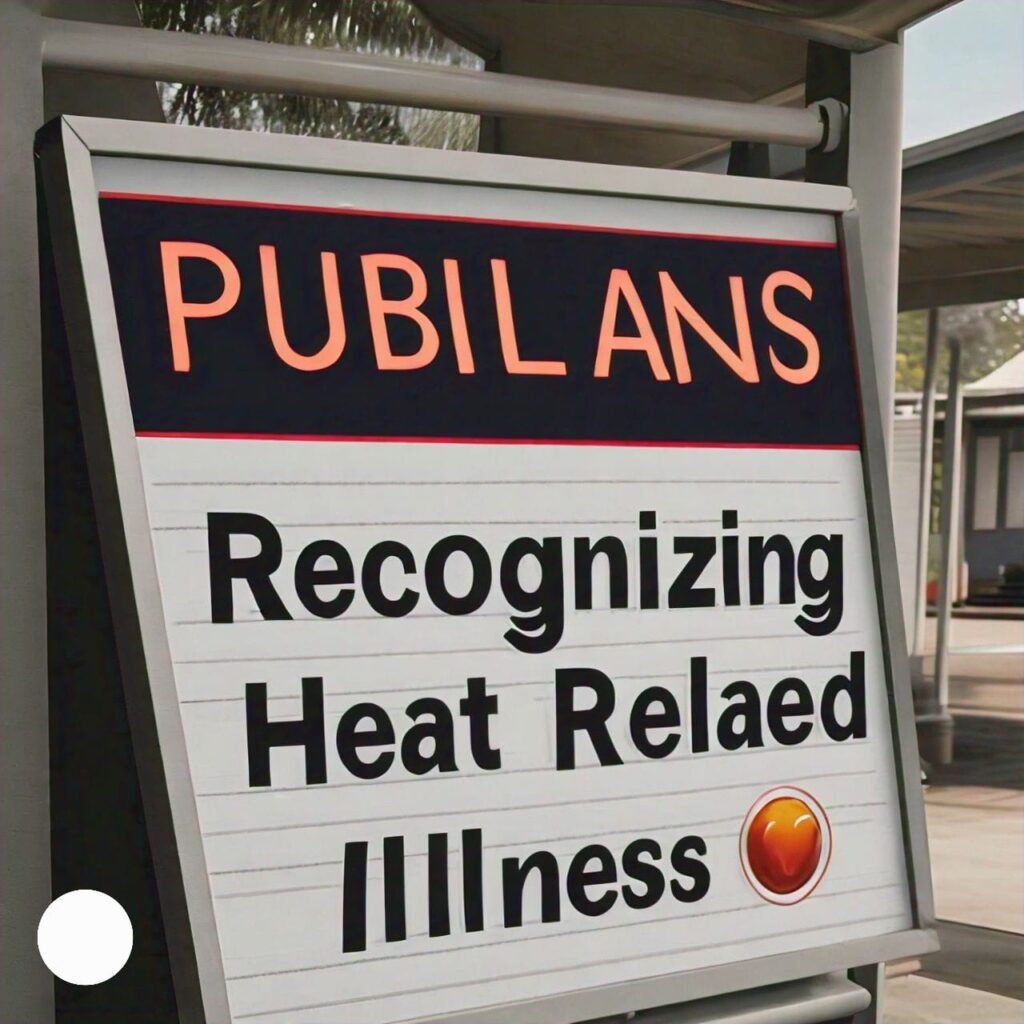
Recognizing Heat-Related Illnesses
Heat Exhaustion
Symptoms include heavy sweating, weakness, cold, pale and clammy skin, fast and weak pulse, nausea or vomiting, and fainting. Move to a cooler location, lie down, and sip water.
Heat Stroke
This is a medical emergency. Symptoms include high body temperature (above 103°F), hot, red, dry or damp skin, rapid and strong pulse, and possible unconsciousness. Call 911 immediately and try to cool the person down with whatever methods you can (cool cloths, ice packs, etc.).
First Aid for Heat-Related Illnesses
Move to a cool area, drink water, and use cool compresses. Seek medical attention if symptoms worsen or don’t improve.

Special Considerations for Vulnerable Groups
Children
Children are more susceptible to dehydration. Ensure they drink water frequently and take breaks from playing in the sun.
Elderly
Older adults may not feel thirsty until they are already dehydrated. Encourage regular fluid intake and check on them frequently.
Pregnant Women
Pregnancy increases the body’s need for water. Pregnant women should drink more fluids and stay out of the heat as much as possible.
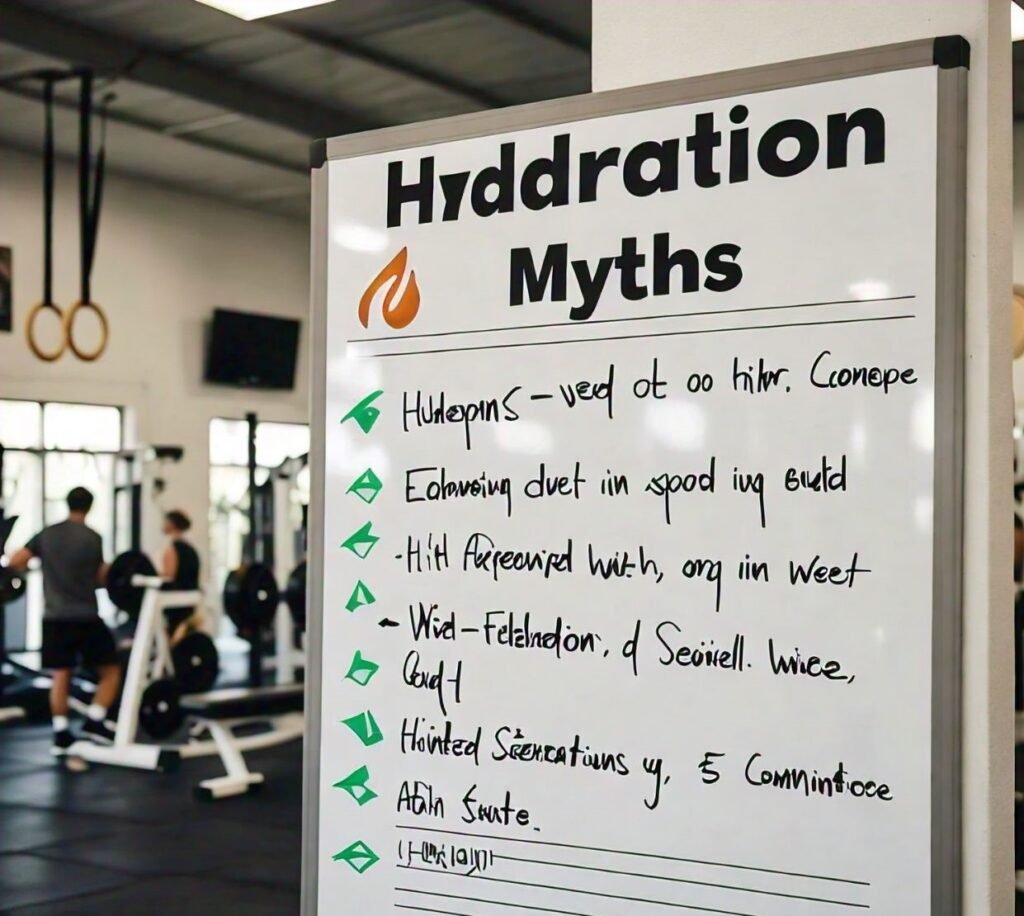
Hydration Myths Debunked
Myth: You Only Need to Drink When Thirsty
Thirst is not always a reliable indicator of hydration status, especially during physical activity or in hot weather.
Myth: Sports Drinks are the Best for Hydration
While sports drinks can replenish electrolytes, they often contain high amounts of sugar. Water is usually sufficient unless you’re engaging in prolonged intense exercise.
Myth: Coffee and Tea Dehydrate You
Moderate consumption of caffeinated drinks can contribute to your daily fluid intake without causing dehydration.
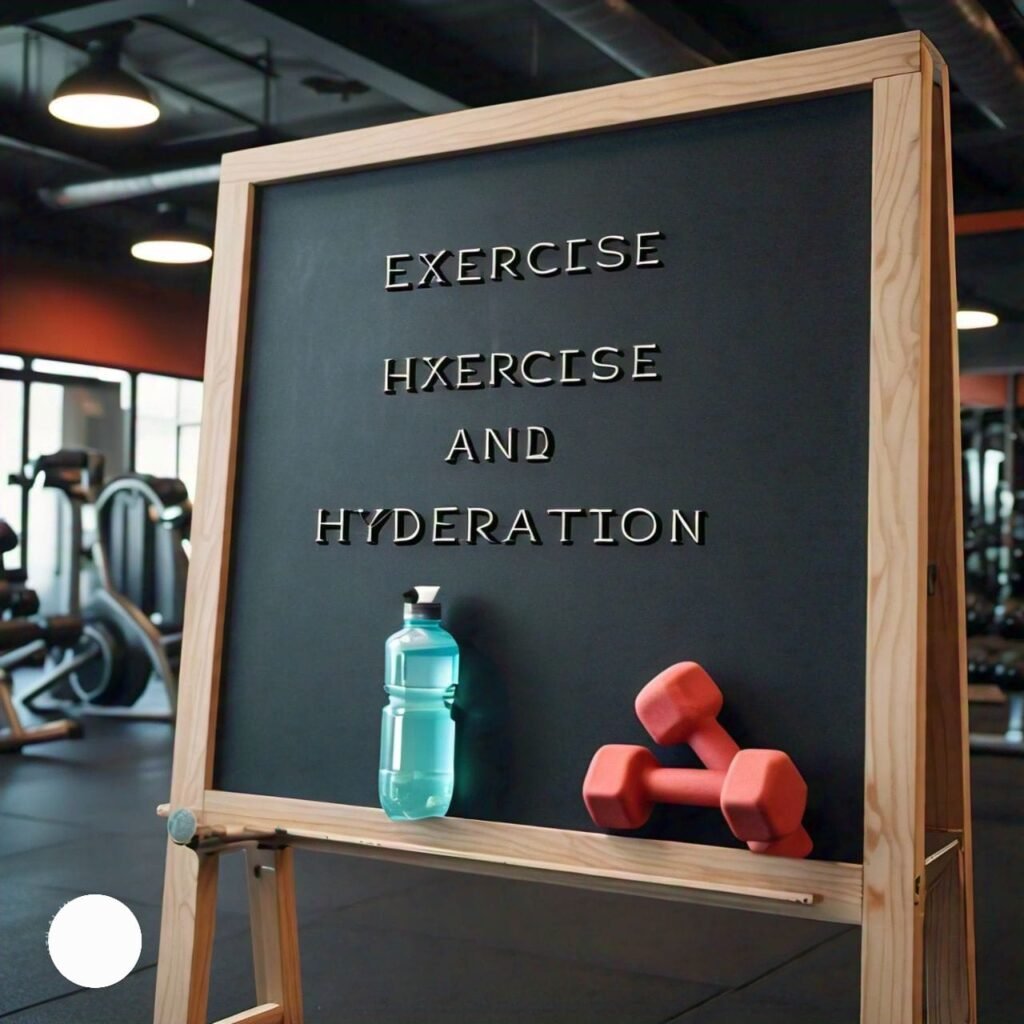
Exercise and Hydration
Pre-Exercise Hydration
Drink water before starting any physical activity to ensure your body is well-hydrated.
Hydration During Exercise
Take regular sips of water during exercise, especially if it lasts more than 30 minutes.
Post-Exercise Hydration
Replenish lost fluids by drinking water or a beverage with electrolytes after your workout.

Traveling During Summer
Staying Hydrated While Traveling
Carry a refillable water bottle and drink regularly, especially when traveling by car or train.
Keeping Cool in Transit
Wear light clothing and use portable fans or cooling towels to stay comfortable during travel.
Hydration Tips for Air Travel
Airplane cabins can be very dry. Drink water frequently and avoid alcohol and caffeine to stay hydrated.
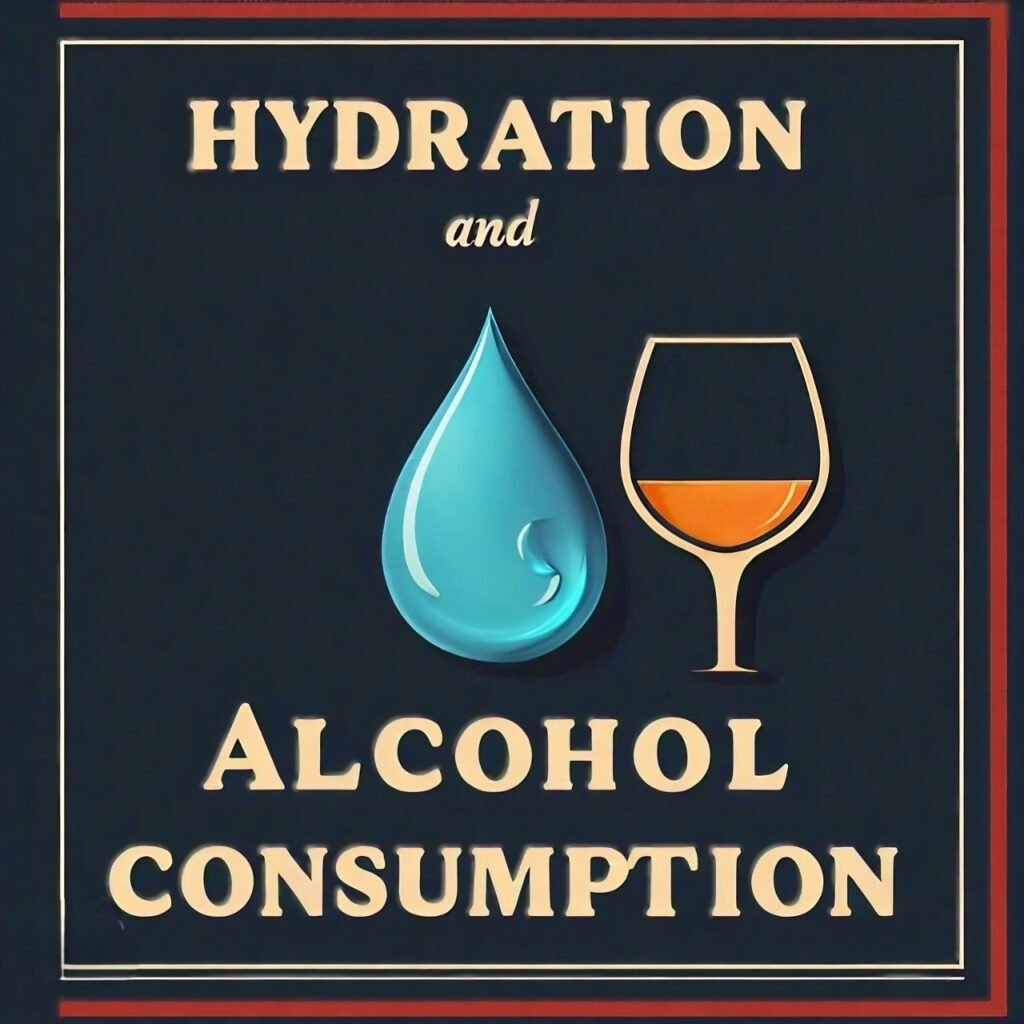
Hydration and Alcohol Consumption
Effects of Alcohol on Hydration
Alcohol can increase urine production and lead to dehydration. Drink water between alcoholic beverages to mitigate this effect.
Tips for Drinking Alcohol in the Heat
Limit alcohol intake, choose lower-alcohol options, and ensure you drink plenty of water to stay hydrated.

The Role of Electrolytes
Importance of Electrolytes
Electrolytes are crucial for maintaining fluid balance, muscle function, and nerve signaling.
Sources of Electrolytes
Natural sources include bananas, coconut water, and leafy greens. You can also use electrolyte tablets or powders.
DIY Electrolyte Drinks
Make your own electrolyte drink with water, a pinch of salt, a splash of fruit juice, and a little honey.
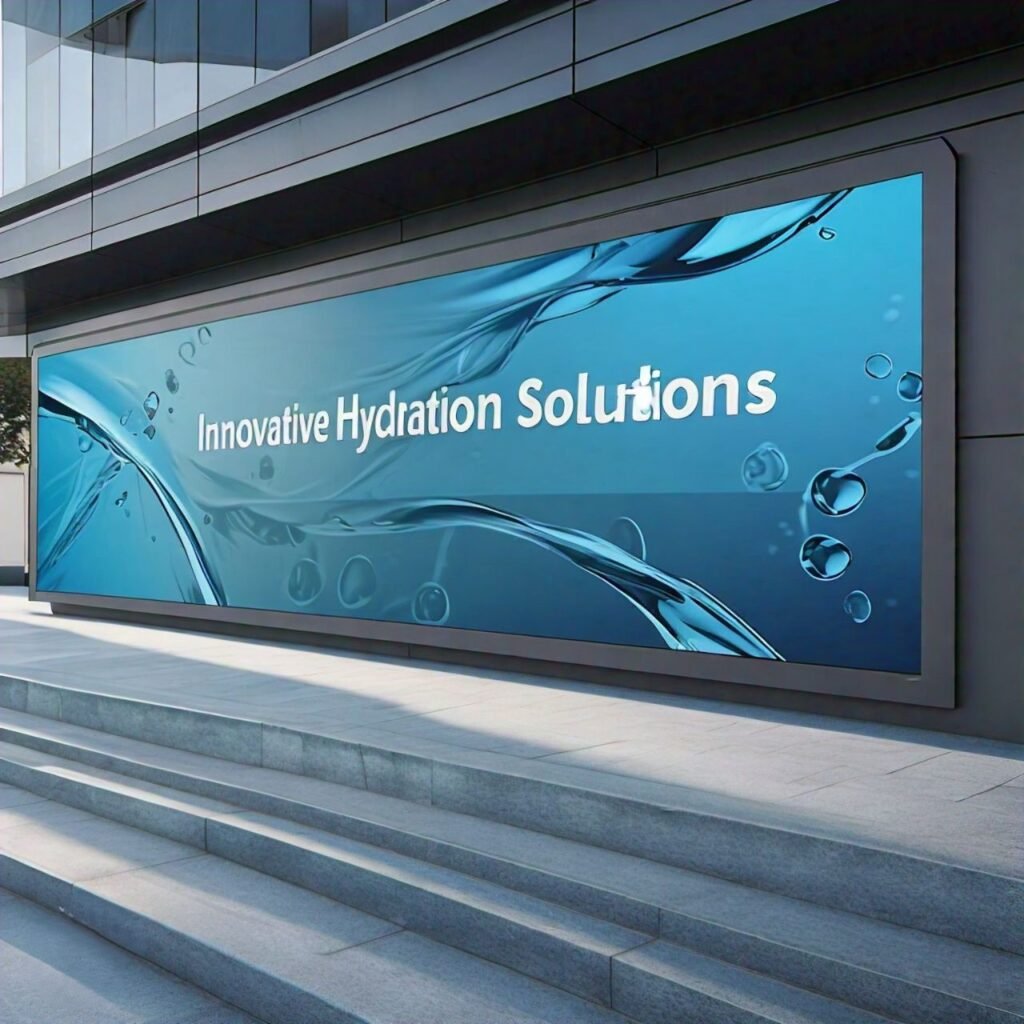
Innovative Hydration Solutions
Hydration Apps
Use apps that remind you to drink water throughout the day. Some apps can even track your intake and suggest improvements.
Smart Water Bottles
Smart water bottles can monitor your fluid intake and sync with your smartphone to remind you to stay hydrated.
Hydration Reminders
Set alarms or use wearable tech to remind you to drink water at regular intervals.
Conclusion
Staying safe and hydrated during the summer is all about preparation and awareness. By drinking plenty of water, eating hydrating foods, and being mindful of your activities and environment, you can enjoy the summer months without any issues. Remember, your health comes first, so take the necessary steps to protect yourself from dehydration and heat-related illnesses.
Important for your knowledge
1. How Much Water Should I Drink Daily in Summer?
You should aim for at least 8-10 glasses of water per day, but this amount can increase depending on your activity level and the temperature.
2. Can I Rely on Fruits Alone for Hydration?
While fruits are an excellent source of water, they should complement, not replace, your regular water intake.
3. What are the Best Times of Day to Exercise in Summer?
Early morning or late evening are the best times to exercise, as temperatures are cooler.
4. How Can I Tell if I’m Dehydrated?
Common signs of dehydration include dark urine, dry mouth, dizziness, and fatigue. Pay attention to these symptoms and hydrate accordingly.
5. Are There Any Signs That I Need More Electrolytes?
Signs of electrolyte imbalance include muscle cramps, fatigue, and irregular heartbeat. Incorporate electrolyte-rich foods or supplements into your diet if you notice these symptoms.




